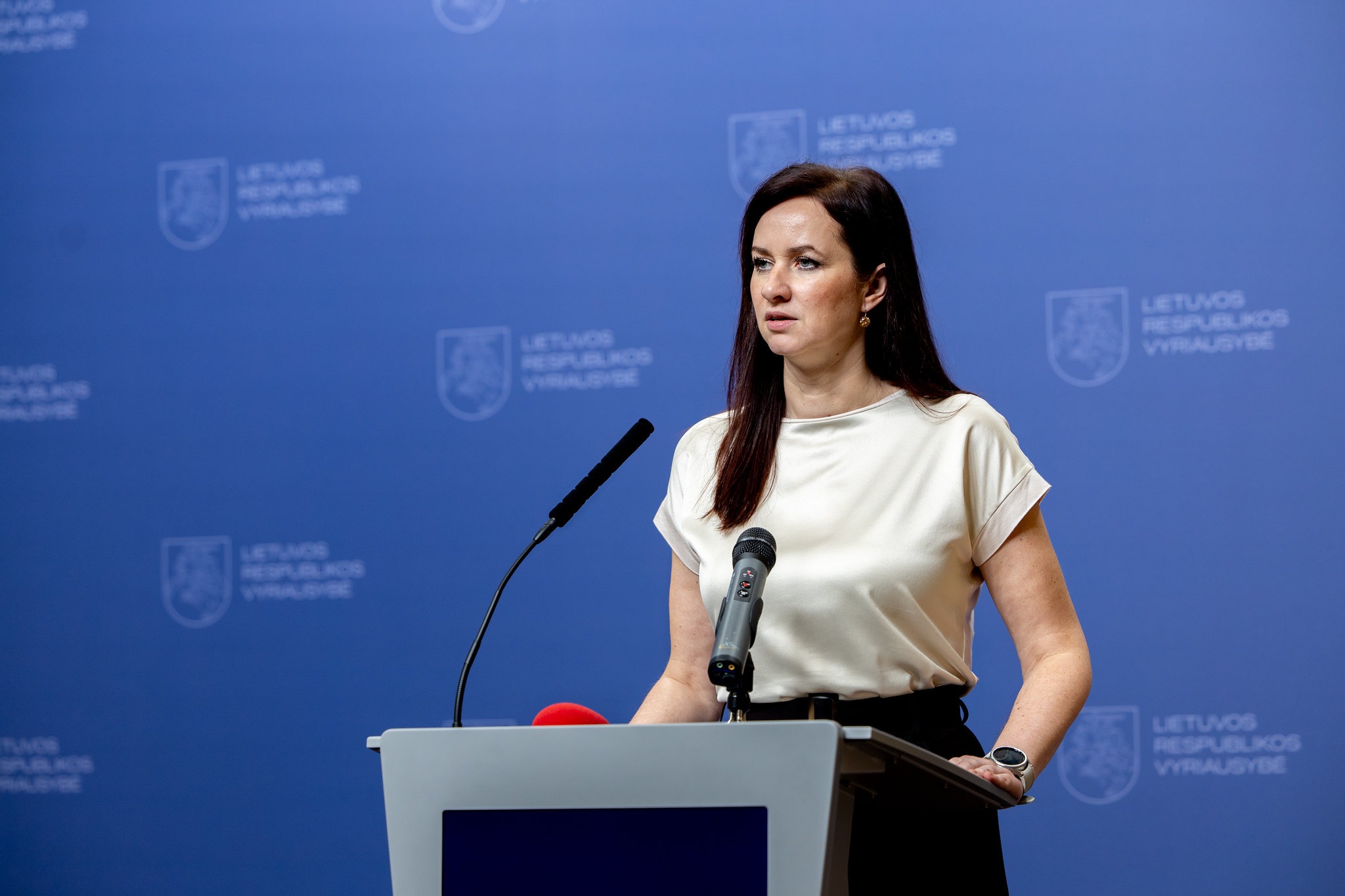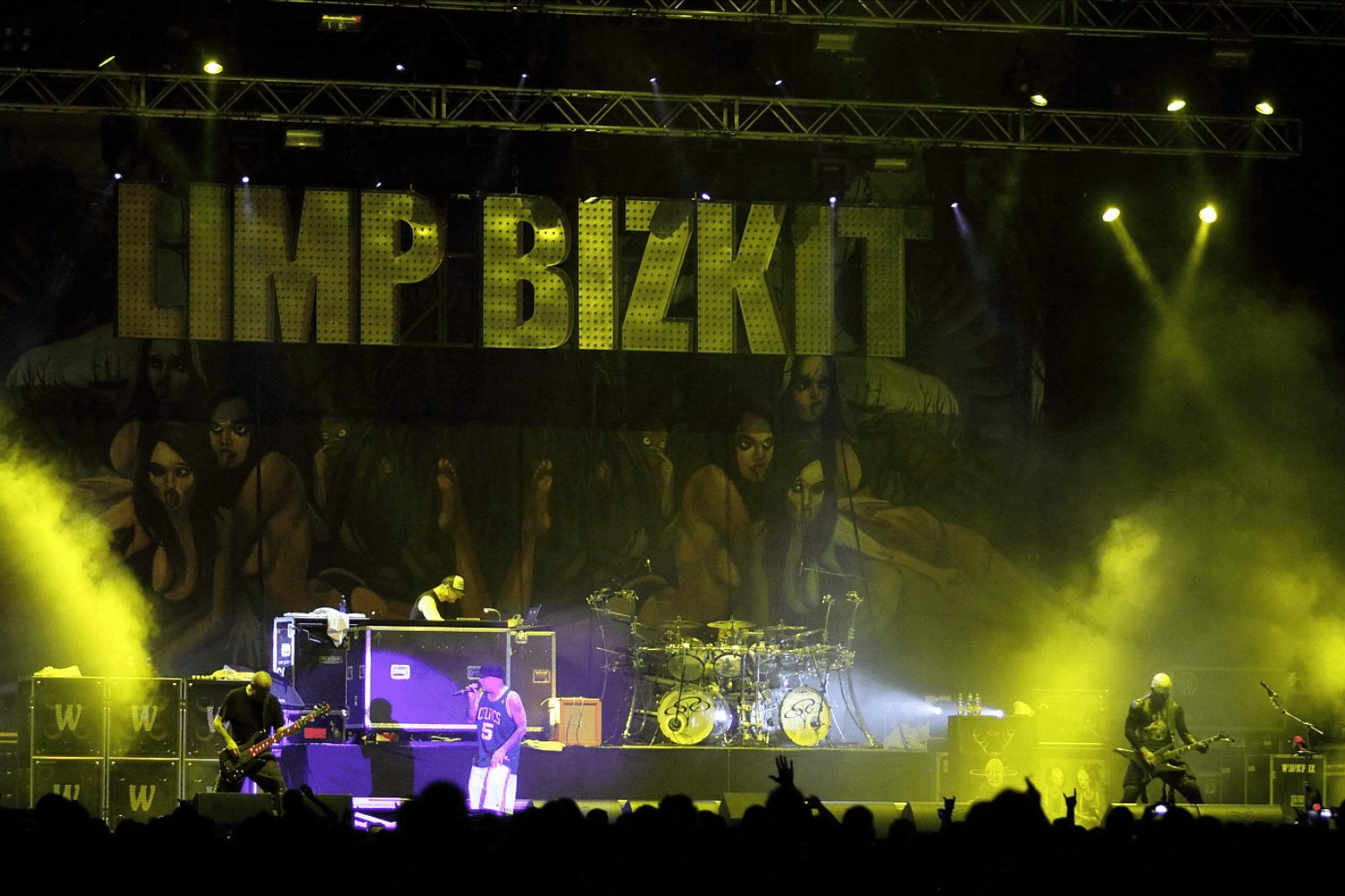
Main narratives:
- Persecution of Russian speakers
- The government is conspiring against populists
Overview:
Problematic social media from local actors collectively constructed a narrative of persecution and vindication for political actors who position themselves as victims of systemic oppression. The dominant theme was one of defiant resistance against what the authors frame as an entrenched establishment that seeks to silence dissenting voices through intimidation, marginalization, and coordinated attacks.
Stability party leader Roslikovs presents himself as a survivor who has withstood months of institutional pressure designed to destroy his political movement. He frames his advocacy for cooperation with Russia and opposition to European militarization not as controversial positions but as common-sense policies that any “adequate politician” would support, suggesting that accusations of amplifying Moscow’s rhetoric are merely attempts to delegitimize reasonable dialogue. His emphasis on loyalty and solidarity with Russian speakers serves to strengthen in-group cohesion while casting his opponents as a monolithic “system” bent on his destruction.
The Press.lv post, though ostensibly neutral reporting, contributes to a broader narrative of conspiracy and hidden manipulation by giving prominence to unsubstantiated claims about protesters who gathered in the 10 thousand people protest in Doma square being paid. By amplifying random social media post allegations without evidence, it feeds into suspicions that popular opposition movements are artificially manufactured rather than genuinely grassroots, implying that public displays of dissent may be orchestrated deceptions.
Latvia First leader Slesers extends this victimization narrative backwards in time, demanding the media apologise for those labelled as anti-vaxxers and conspiracy theorists during the COVID-19 pandemic. He characterizes previous public health measures as deliberate social division orchestrated by the “progressive Unity Regime” (criticising two political parties in the ruling coalition) transforming what were contested policy debates into evidence of authoritarian persecution. This ties into his long-term narratives of discrediting independent media and mainstream political parties in Latvia.









